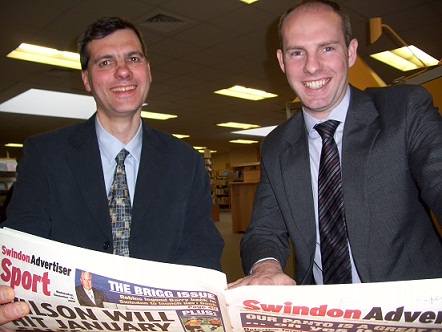
The beginning of November is a crunch time for the Video Games Industry with a host of leading titles released ready to take full advantage of the Christmas market. For example UK based Football Manager will sell 1 million units and the latest Call of Duty instalment with will generate a staggering $1 billion of sales in just 6 weeks.
The sector’s contribution to UK GDP was estimated at £947m in 2012 and currently provides 26,088 jobs: 9,224 creative staff, with 16,864 jobs indirectly supported by Games studios. It is estimated that the global market will be worth a staggering $87bn by 2017, with annual growth at 6.5%. With 95% of UK developers, including excellent local developers such as Neon Play already exporting, there is huge potential for the UK to seize a growing slice of this market.
As Chair of the All-Party Parliamentary Video Games Industry Group, I have worked with key industry bodies TIGA & UKIE to successfully lobby the Government. The Chancellor moved to introduce the UK Games Tax Relief and the Education Secretary is reforming Computer Science and Maths in schools to make sure the UK is best equipped to take advantage of this growing market.
However despite the explosion in the new jobs available the UK’s tech workforce is only 17% female, and over the last 10 years this has been dropping by 0.5% each year. If the UK continues at this rate, by 2043 there will be less than 1% women working in technology despite more women being big consumers of technology. This has to change, so I am working with the excellent national charity Lady Geek to make sure women don’t miss out on this growing economy – supporting their ‘HER in Hero’ campaign to inspire women to consider tech roles as a career.
In Swindon, home of the Intel HQ, we also celebrate the history and development of the industry with our very own fantastic Swindon Computer Museum, based in Theatre Square. A little known fact that it was the first physical museum of its kind in the UK dedicated to the history of computing. The museum is run completely by volunteers and I am proud that I have been able to help them attract £8,300 in sponsorship from organisations such as Intel, Datalibrium and Nominet. More information on the museum can be seen on their website: www.museum-of-computing.org.uk – definitely worth a visit!
So whether you are buying a game for yourself, maybe as a Christmas present, or downloading an app, there is a good chance it is a successful, growing UK business that has developed the product. No wonder so many young people I speak to are rightly inspired to consider this industry for a career.

